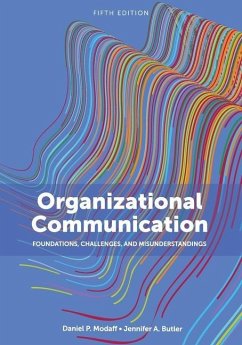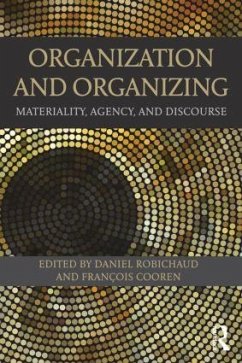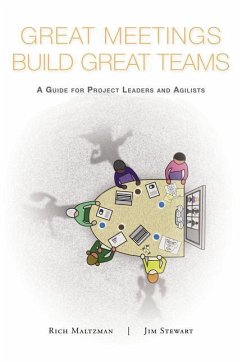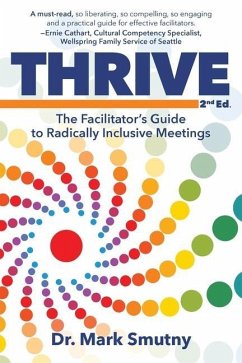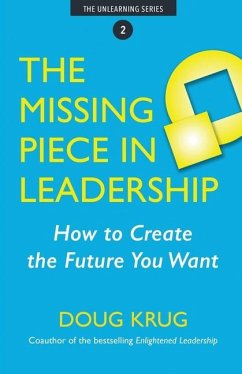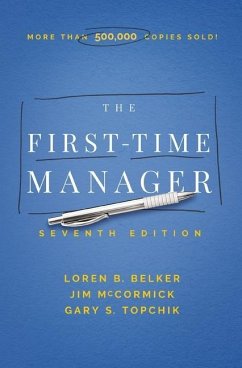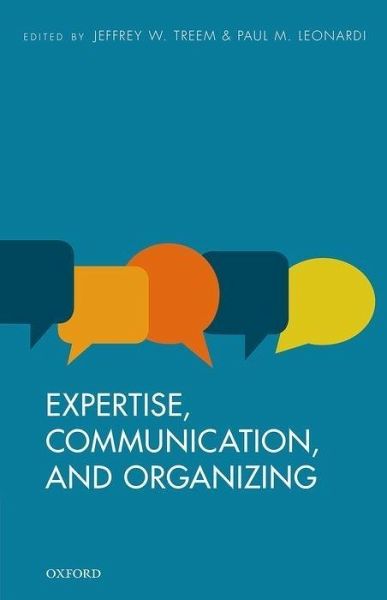
Broschiertes Buch
Expertise, Communication, and Organizing
Versandkostenfrei!
Versandfertig in über 4 Wochen

PAYBACK Punkte
24 °P sammeln!




This book offers a comprehensive view of 'expertise' and how it is developed and applied by organizations and workers. Chapters explore how expertise can be viewed as constituted through various forms of communication and how we can use this perspective to better understand the role of expertise in processes of organizing.
Dr. Jeffrey W. Treem is an Assistant Professor of Communication Studies in the Moody College of Communication at The University of Texas at Austin. His program of research explores the relationship between communication practices and social perceptions of expertise, primarily in organizational contexts. Specifically, his studies examine how communication technologies facilitate recurrent, interactive practices that affect attributions of knowledge individuals make regarding coworkers, and the perceived value of organizational work. Dr. Treem's work appears in publications such as Journal of Communication, Communication Monographs, Journal of Applied Communication Research, and Communication Yearbook. Paul Leonardi (Ph.D., Stanford University) is the Duca Family Professor of Technology Management at the University of California, Santa Barbara. He is also the Investment Group of Santa Barbara Founding Director of the Master of Technology Management Program. Leonardi's research focuses on how companies can design their organizational networks and implement new technologies to more effectively create and share knowledge. He is particularly interested in how data intensive technologies, such as simulation and social media tools, enable new ways to access, store, and share information; how the new sources of information these technologies provide can change work routines and communication partners; and how shifts in employees' work and communication alter the nature of an organization's expertise.
Produktdetails
- Verlag: Oxford University Press
- Seitenzahl: 306
- Erscheinungstermin: 9. August 2016
- Englisch
- Abmessung: 231mm x 152mm x 20mm
- Gewicht: 454g
- ISBN-13: 9780198739234
- ISBN-10: 0198739230
- Artikelnr.: 47869939
Herstellerkennzeichnung
Libri GmbH
Europaallee 1
36244 Bad Hersfeld
gpsr@libri.de
Für dieses Produkt wurde noch keine Bewertung abgegeben. Wir würden uns sehr freuen, wenn du die erste Bewertung schreibst!
Eine Bewertung schreiben
Eine Bewertung schreiben
Andere Kunden interessierten sich für



